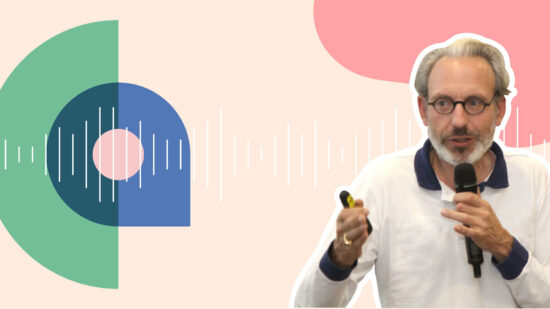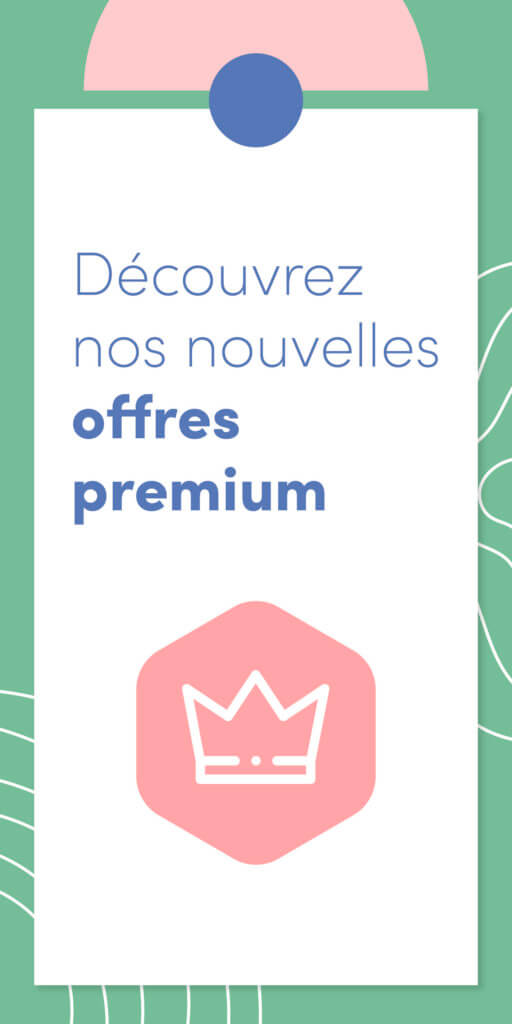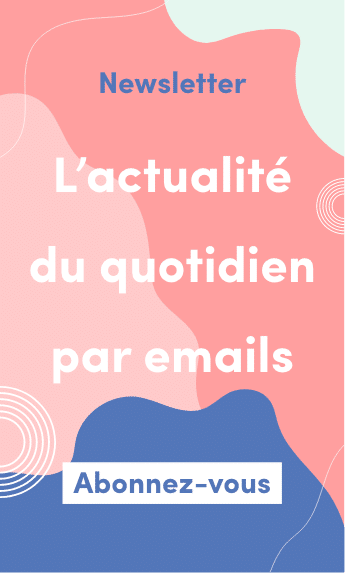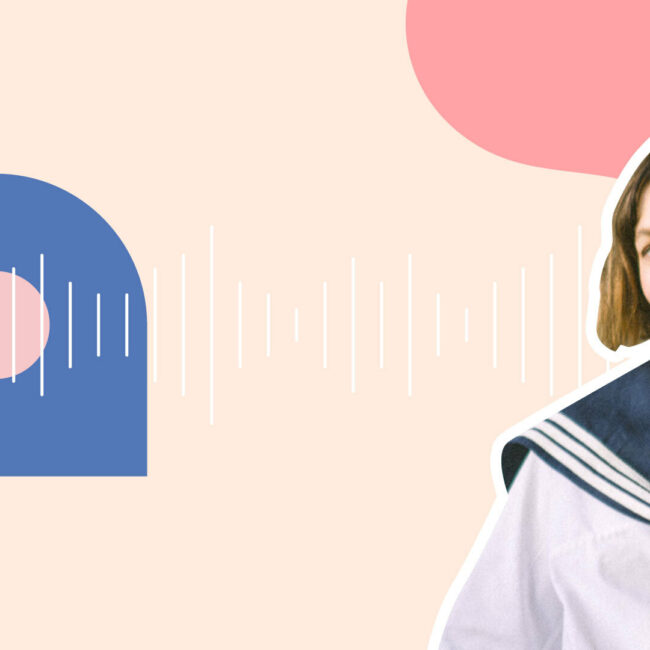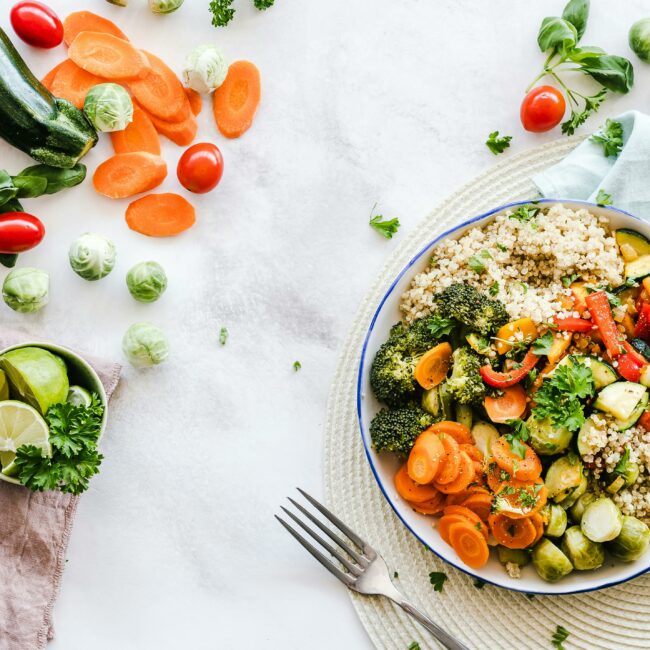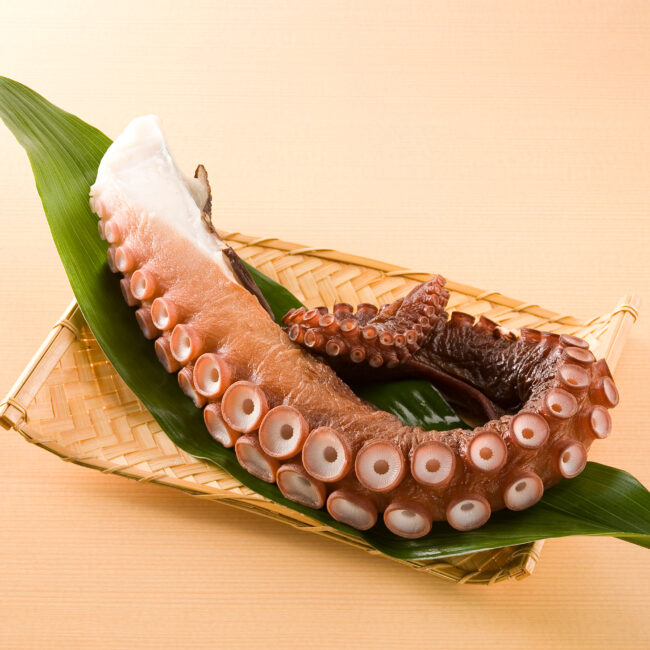A few months before the launch of Feeleat, the application for people suffering from eating disorders, Morgane Soulier, its creator, tells us about the evolution of her project.
Can you introduce yourself and your background, which led you to the creation of Feeleat?
Morgane Soulier: I am 34 years old, I graduated from a business school and I started my professional career as Marketing and Communication Project Manager at Orange.
While I was suffering from Eating Disorders, I had to stop working. Between hospitalization, medical follow-up by different doctors, and dieticians, trials to get better on my own, exchanges with other patients, I have found that eating disorders are very difficult diseases to treat.
For me, this was the beginning of my exchanges with my doctor about my feelings, my emotions, the changes in my health. I was immediately convinced that if it was beneficial for me it would also be beneficial for others. That’s how I came up with the idea of creating a food journal to take into consideration the context of meals, emotions, feelings, reactions (vomiting, hyperactivity, etc.).
What help did you receive? How did you develop this application, technically, financially?
Morgane Soulier: At the beginning, in the summer of 2017, I started from scratch, with a very precise vision of this application and using the opinions of the community I had built. I federated this community in 2015, during my hospitalization. Isolation is a real problem for people suffering from diseases such as anorexia, bulimia, hyperphagia and so on. So I created an Instagram account to share and help each other by exchanging our tips for getting better. I realized that most of the photos posted by Instagram users were not real recharging meals. I was fortunate to be in a very good health care facility, where the meals were good, balanced and so I started posting pictures of my dishes to help other members of the community, which counts 7,500 subscribers today.
The barrier was therefore technical and financial. So I had to identify legal, medical and technical partners. I called for tenders to find an agency that could develop the application I had imagined. I also launched a fundraising campaign on La Cagnotte de Proches, a platform dedicated to financing medical projects. Grants from the patronage of Institut Mérieux and BpiFrance also enabled us to carry out this project successfully.

Morgane Soulier: Today Feeleat is much more than the application I had imagined.
On October 22nd, we launched the new website and a sharing blog. Internet users can find several sections, such as testimonies, associations and self-help initiatives that we would like to highlight. We also gather interviews with health professionals from all specialties to discuss the impact of eating disorders on different aspects of health. We will also offer online conference cycles on specific topics to exchange with professionals, such as « How to manage Christmas and New Year’s Eve celebrations with the family? »
Social networks allow us to explore the needs, expectations, and share the progress of the project, the future launch of the application planned for this end of year. We still have to identify the latest bugs.
Is there a tool that allows a doctor to follow their patient? Do health professionals have access to the application?
Morgane Soulier: Following the launch of the application, we will develop a medical interface for professionals who follow patients. For each patient suffering from eating disorders, there is psychological, nutritional, somatic and other follow-ups. In general, there is no contact between the different carers.
The interface will allow these caregivers to be connected to each other, and follow the patient’s progress more easily. Since a consultation does not allow all aspects of the disease to be scanned in detail over time, caregivers will be able to consult the data entered by the patient via the platform.
On the security side, the hosting of this platform will be done on a service approved by the Ministry of Health to ensure confidentiality. This is also one of the reasons the release date has been postponed: we want to be legally irreproachable.
What is your vision for the food of the future? What do you think consumers’ expectations and needs are in terms of products or services?
Morgane Soulier: I think we must be vigilant about what we see in the media in relation to the real needs of consumers. Despite the trends, the number of true vegans or vegetarians is still low.
I do not advocate any type of food, everyone must respect their needs and desires, but I believe it is dangerous to eliminate food categories. This develops new types of disorders such as orthorexia, which is part of the obsession with food quality. Making people feel guilty about their diet leads to this kind of disease.
While we will be forced to redirect to new types of proteins to compensate for the lack of environmental resources, everyone must continue to listen to their needs to stay healthy.




